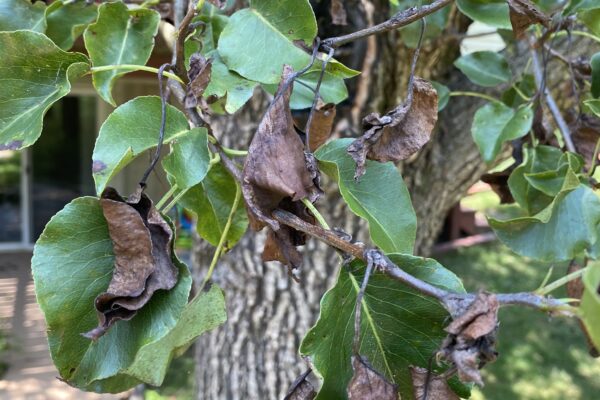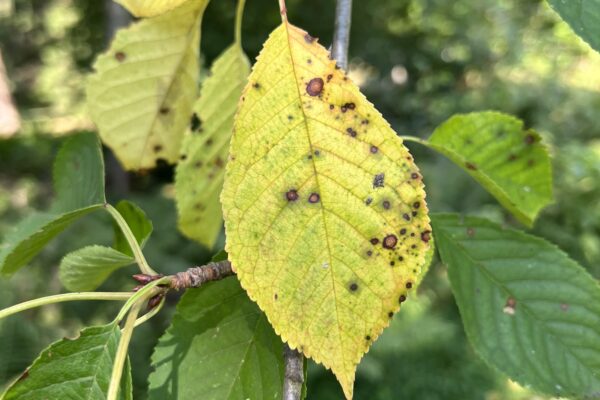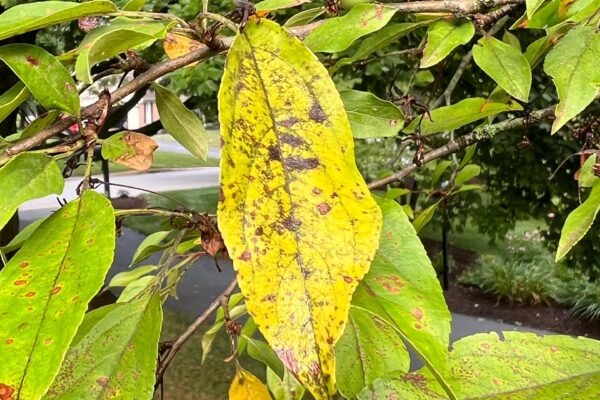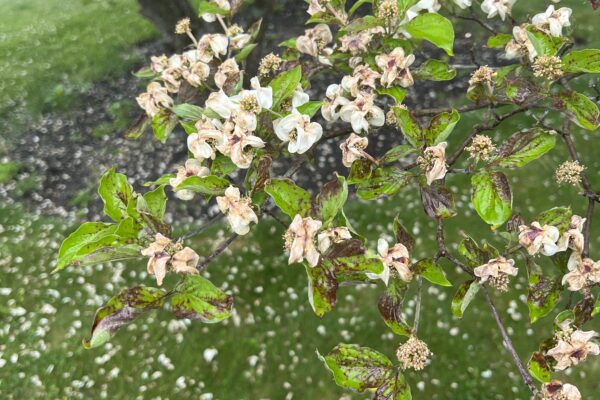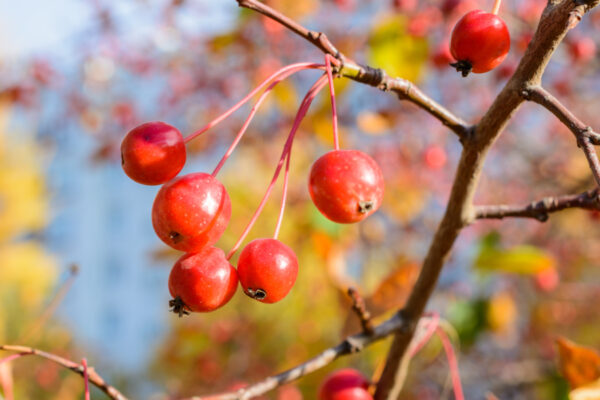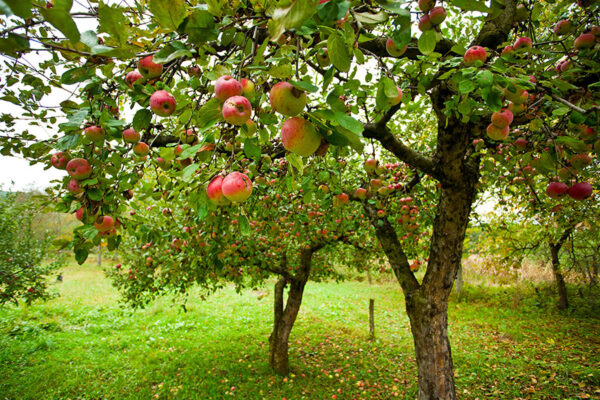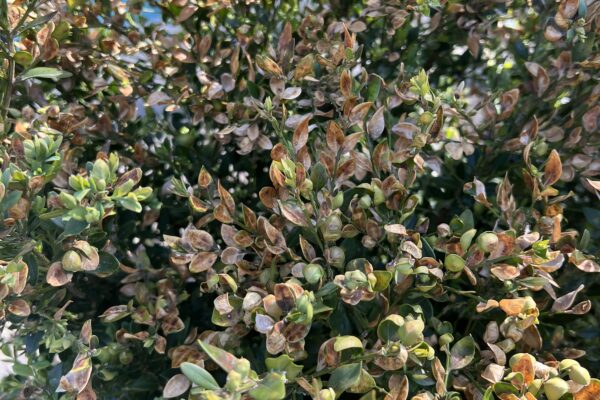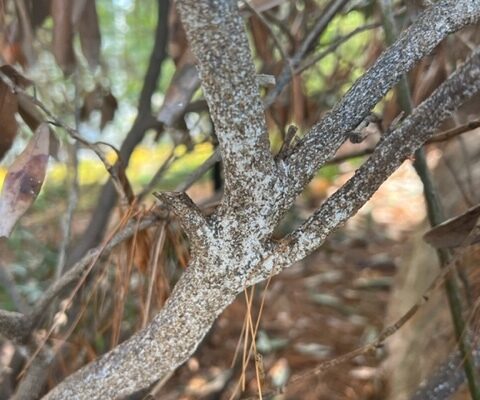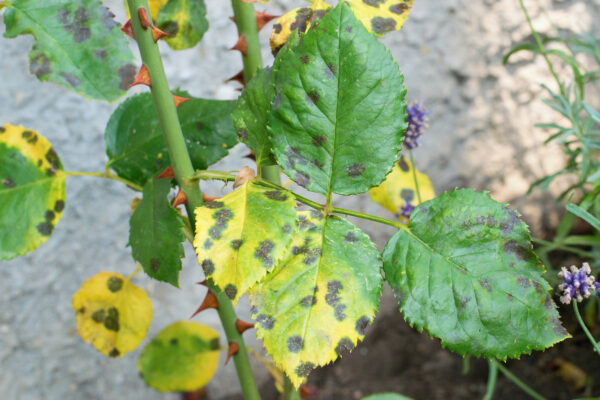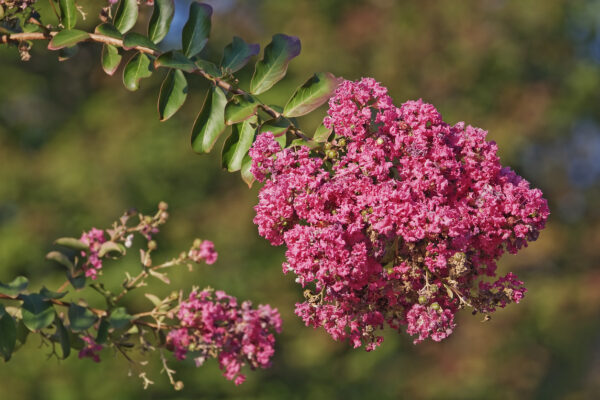Many homeowners enjoy ornamental Pear trees and their spring blossoms. However, these trees are vulnerable to a fungal disease called Pear Trellis Rust. Call Rick's PHC Certified Arborists at 610-840-2655... read more →
Cherry Leaf Spot is a dangerous fruit tree disease common in Pennsylvania. Call Rick's PHC Certified Arborists at 610-840-2655 to find out whether your cherry trees have this condition and... read more →
Apple Scab is a highly common disease in Pennsylvania. It causes olive-green or black, velvety spots on apple leaves, yellowing leaves, and defoliation. Olive-green spots on the fruit also appear... read more →
Dogwood Anthracnose is a fungal disease caused by Discula destructiva. It causes flowering dogwood trees to experience blighted leaves, reduced flowering, and defoliation in the spring. Call Rick's PHC Certified... read more →
Apple Scab is a destructive fungal disease that affects apples and crabapples. Growers can manage the disease by properly applying fungicides and practicing good sanitation. Planting resistant varieties may be... read more →
Apple trees are beautiful additions to a home setting, with rosy blossoms in the spring and the promise of a bountiful harvest. Picking fresh, home-grown fruit to share with your... read more →
Boxwood Leafminer is a fly larvae that inhabits the leaves of the Boxwood. Found nearly everywhere in the United States, it is known to be the most destructive insect pest... read more →
White Prunicola Scale (Pseudaulacaspis Prunicola) can impact your trees and shrubs - favoring Cherry Laurel, Lilac, Willow, Red Twig Dogwood, Evergreen Privet, Holly, Boxwood, and Euonymus. Its presence may start... read more →
Keeping plants of all types and sizes healthy can prove to be challenging at times. Foliar diseases can appear seemingly out of nowhere and wreak havoc on all your healthy... read more →
Crape Myrtles are versatile, beautiful shrubs or small trees with brightly-colored crepe-like flowers. They are generally very easy to care for with minimal maintenance - and very climate tolerant, too.... read more →

